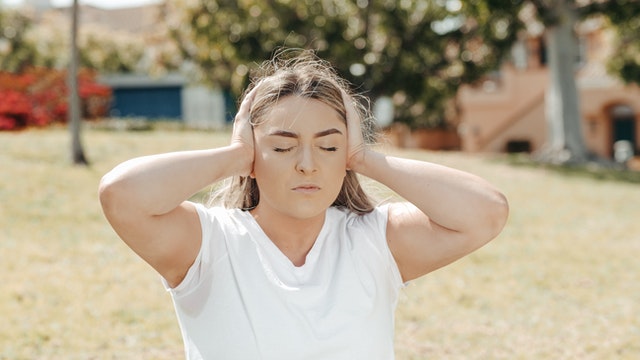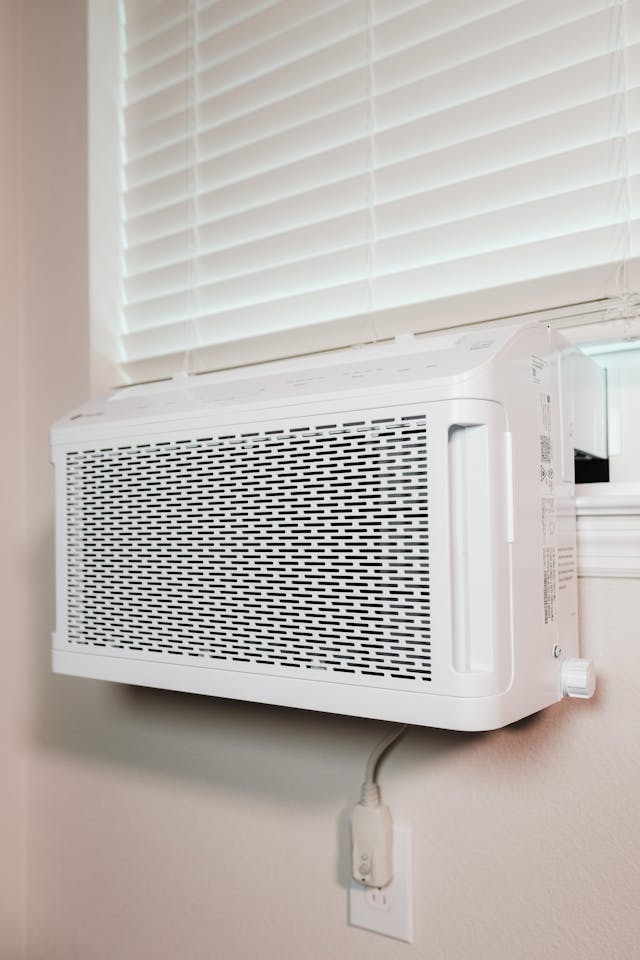Hearing loss is commonly associated with older people, but it can affect all ages. We often take our hearing for granted, and it’s not until it starts to deteriorate that we realize just how wonderful it is to be able to hear. In this guide, we’ll explore some simple tips to protect your ears.
Reducing exposure to loud noises
Exposure to loud noises is one of the most common causes of hearing loss, particularly in younger people. Loud noises damage the delicate structures within the inner ear, contributing to hearing loss and tinnitus. If you work in a noisy environment, such as a construction site, or regularly attend events, such as concerts, it’s wise to invest in ear protection.
Your employer should provide you with equipment to reduce the risk of occupational hearing loss. It is also beneficial to use earplugs or noise-canceling headphones if you live in a busy city, walk to work, or use trains or the subway. If you have hobbies that involve exposure to loud noises, for example, shooting clays, you should also ensure that you use ear defenders.
You can learn more about which kinds of ear protection to use online, and your audiologist can also offer advice. It is essential to understand the benefits of reducing exposure to loud noises even if your hearing is brilliant now. Prolonged exposure linked to work or to listening to loud music every day can take its toll and accelerate deterioration.
Attending regular assessments
Frequent hearing assessments are recommended for children and seniors, but it’s also beneficial for younger adults to test their hearing. If you haven’t had a hearing test since you were a child, there’s no harm in scheduling an assessment. It is essential to seek advice if you have started noticing a difference in your hearing or are at risk of developing hearing loss due to your job or underlying health conditions.
Hearing tests can identify early warning signs and flag up changes in your hearing, which might not have become apparent to you yet. Experts use tests and checks to determine suitable treatments and issue tailored advice.
Being aware of the symptoms of hearing loss
Hearing loss is usually a gradual process, and this means that many people wait until they have noticeable symptoms of deterioration to seek advice. Being aware of the early signs will enable you to spot changes earlier and take steps to protect your ears.
Examples include asking people to repeat themselves, feeling like others are mumbling or whispering, turning the volume up on the TV or radio, and finding it difficult to follow conversations. If you are familiar with these symptoms, it’s a good idea to schedule a hearing assessment.
Avoiding inserting foreign objects into the ear canal
If you have an itchy ear or think your ears may need cleaning, it may be tempting to use an object, such as a cotton swab. Inserting foreign objects into the ear canal can be harmful to the ears, as it can push wax further down and increase the risk of impaction and infection.
If you think you may have wax build-up inside your ears, it’s beneficial to seek expert advice. The ears can clean themselves, but occasionally, ear wax can collect, and there is a risk of it hardening, which can be painful. Experts use safe, effective techniques to extract the resin.
Giving your ears a break
Do you spend all day in a busy office and then get straight onto a packed train and put your earphones in before turning on the TV to relax when you get home? If so, you’re not alone. Many of us have a similar routine. If you analyze each step, your ears are under constant pressure, with exposure to various noises, many of which are likely to be loud.
Try to give your ears a break if possible. Take time out during the day to enjoy peace, turn the volume down on your phone or personal music player and use noise-canceling headphones in the office if you’re trying to concentrate and there is a lot of background noise.
Hearing loss is common in later life, but it can affect adults of all ages. To reduce the risk of hearing loss, it’s essential to protect your ears. Try to minimize exposure to loud noises, use ear protection at work, turn the volume down if you’re listening to music on your commute and give your ears a break. Keep up to date with routine tests, don’t insert foreign objects into your ear canal, and seek expert advice if you have concerns about your hearing.


